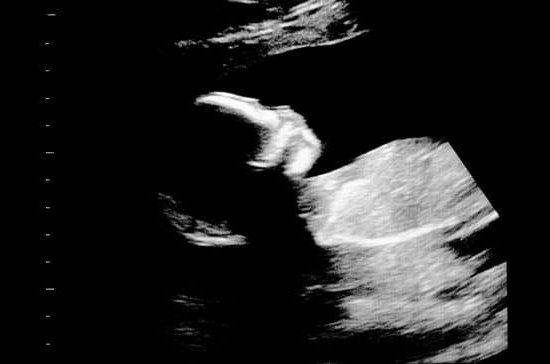Is A Clear Discharge A Sign Of Pregnancy
A clear discharge is not always a sign of pregnancy, but it can be. A clear discharge is generally just a sign that your body is doing its thing and getting rid of bacteria, dead cells, and other unwanted substances. However, if you are pregnant, you may experience a clear discharge as early as two weeks after conception. This is because the change in your hormone levels can cause your body to produce more cervical mucus, which will then be clear and thin.
Watery Discharge And Itching During Pregnancy
Many women experience a watery discharge and itching during pregnancy. This is caused by the increase in estrogen levels and can be quite uncomfortable. While there is no cure, there are some ways to relieve the symptoms.
First, try to keep the area clean and dry. Wipe from front to back after using the bathroom and avoid wearing tight-fitting pants or underwear. You can also try wearing cotton panties and loose-fitting clothes.
Second, use a cool, wet cloth to help soothe the area. You can also try over-the-counter anti-itch cream or lotion. If the itching is severe, you may need to see your doctor. He or she may prescribe a medication to help relieve the symptoms.
White Creamy Discharge Sign Of Pregnancy Or Period
A woman’s body undergoes many changes during pregnancy, one of which is an increase in the amount of white creamy discharge she produces. While some discharge is normal during pregnancy, a large amount or a discharge that is thick, lumpy, or smells bad may be a sign of a problem.
The increase in discharge is caused by the increase in the production of estrogen and progesterone that occurs during pregnancy. These hormones cause the cells in the vagina to produce more mucus, which leads to an increase in discharge.
The amount of discharge a woman produces can vary from woman to woman and even from pregnancy to pregnancy. Some women may only have a small amount of discharge, while others may have a lot. The discharge may be thick and white one day and thin and clear the next.
While an increase in discharge is normal during pregnancy, a large amount or a discharge that is thick, lumpy, or smells bad may be a sign of a problem. If you have any of these symptoms, call your doctor.
Some of the problems that can cause an increase in discharge during pregnancy include:
-Infection – A discharge that is thick, foul-smelling, and yellow or green may be a sign of an infection.
-Yeast infection – A discharge that is thick, white, and cottage-cheesy in appearance may be a sign of a yeast infection.
-Bacterial vaginosis – A discharge that is thin and gray or white and has a fishy smell may be a sign of bacterial vaginosis.
-std – A discharge that is thick, pus-like, and foul-smelling may be a sign of an STD.
-Premature labor – A discharge that is watery, mucous-like, and pink or bloody may be a sign of premature labor.
If you have any of these symptoms, call your doctor.
What Is Yellow Discharge In Pregnancy
Yellow discharge during pregnancy is most often a sign of a vaginal infection, such as a yeast infection. However, it can also be a sign of other infections, including sexually transmitted infections (STIs).
If you have a yellow discharge during pregnancy, it’s important to see your doctor to determine the cause and get the appropriate treatment. Untreated infections can lead to serious health problems for both you and your baby.
Smelly White Discharge In Early Pregnancy
Most pregnant women have discharge of some kind, and it’s usually normal. However, if you have a smelly discharge, it could be a sign of a problem.
There are many different types of discharge, but the most common type is white discharge. It’s usually thin and milky, and it’s nothing to worry about. However, if your discharge starts to smell bad, it could be a sign of a problem.
There are many different things that can cause a smelly discharge, but the most common cause is a vaginal infection. Vaginal infections can be caused by a variety of things, including bacteria, viruses, or fungus.
If you have a smelly discharge, you should see your doctor. He or she will be able to determine the cause of the infection and prescribe the appropriate treatment.

Welcome to my fertility blog. This is a space where I will be sharing my experiences as I navigate through the world of fertility treatments, as well as provide information and resources about fertility and pregnancy.

